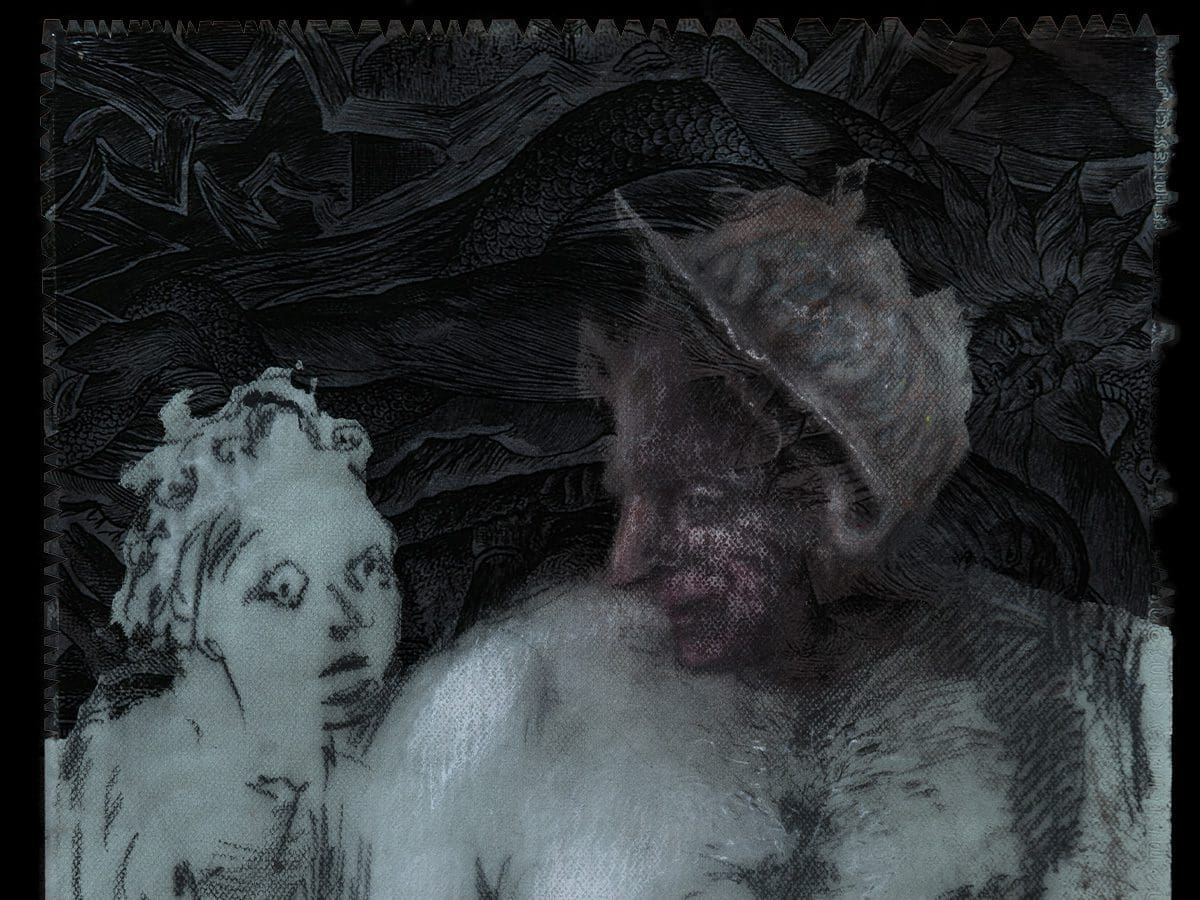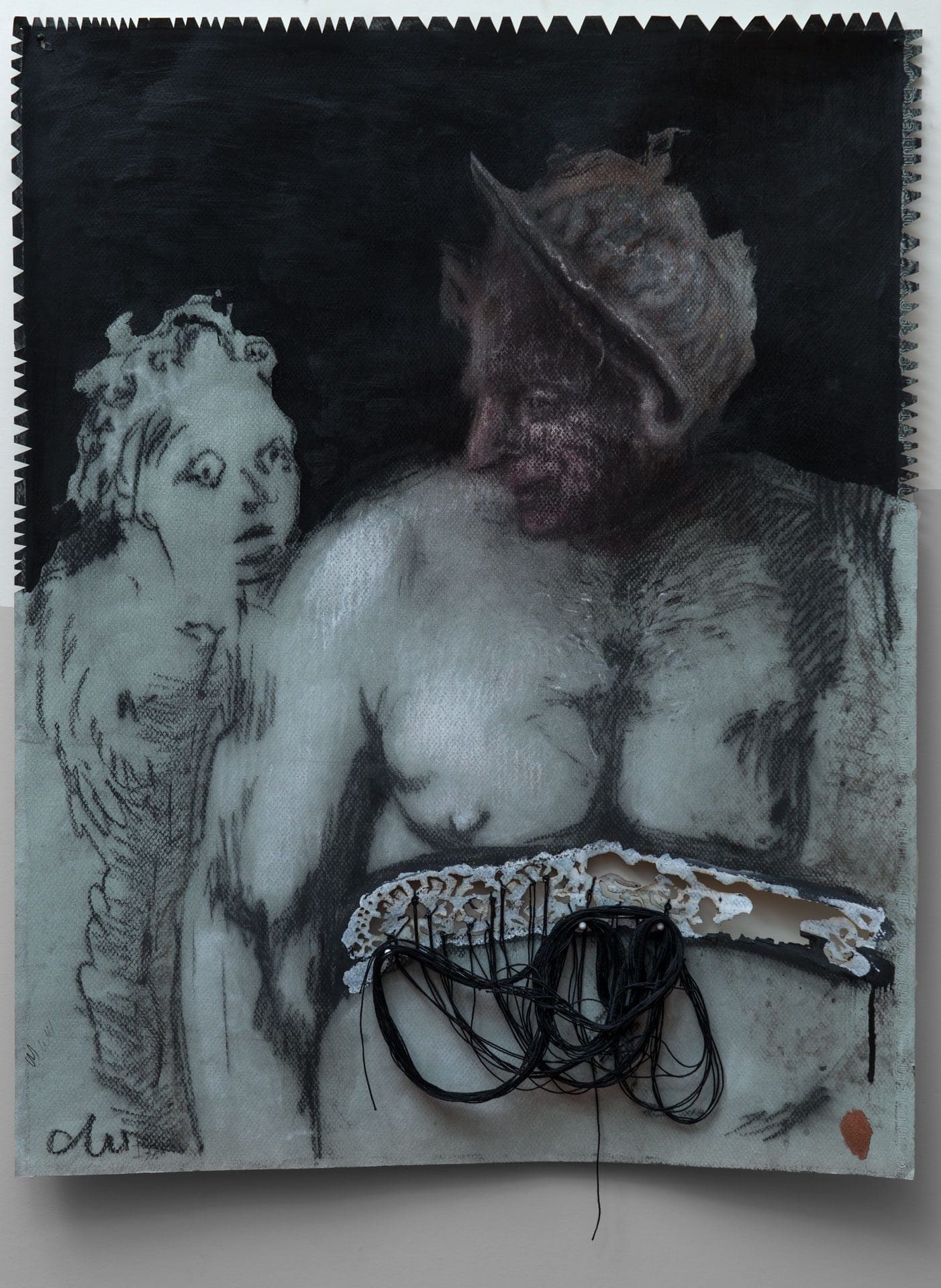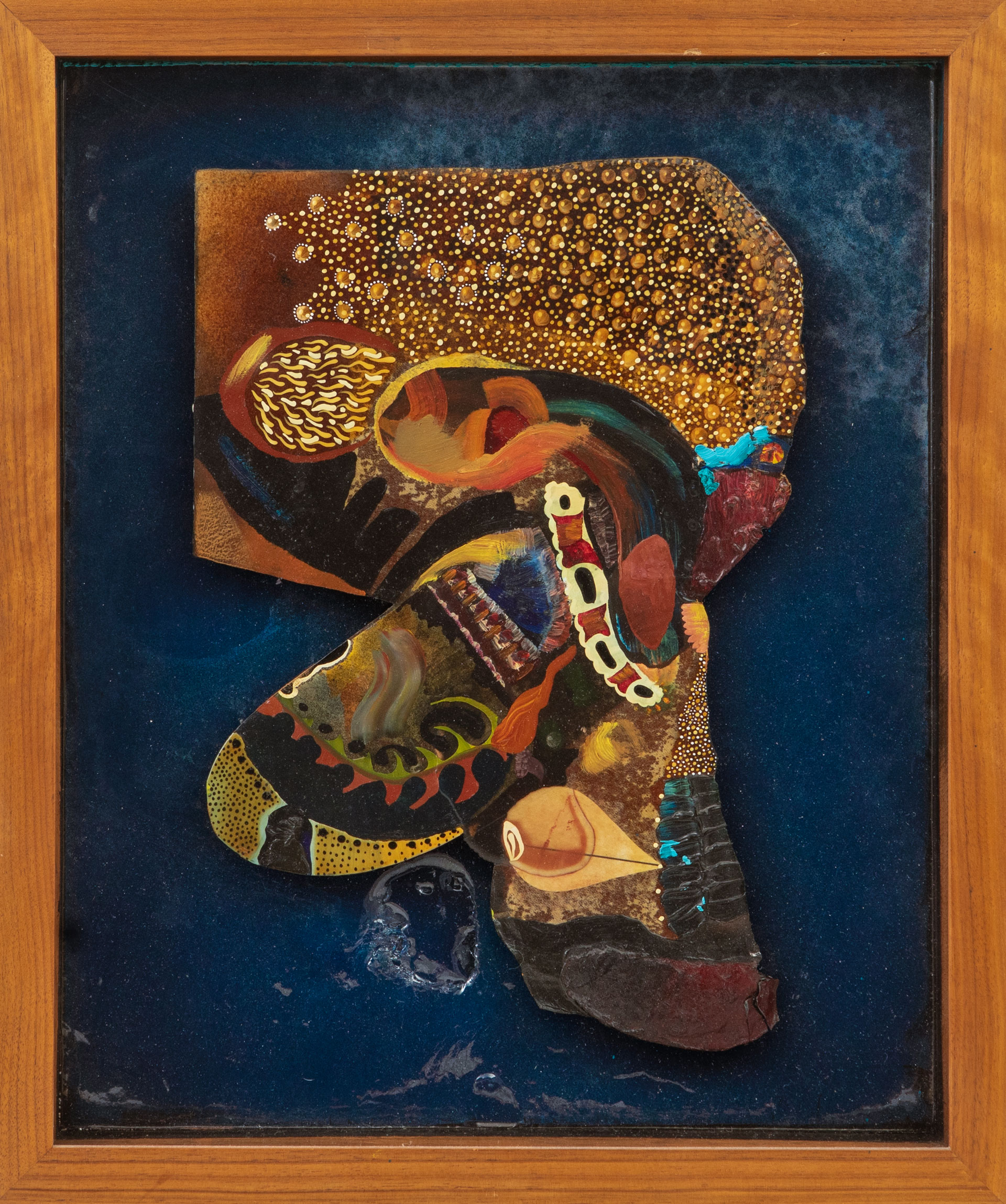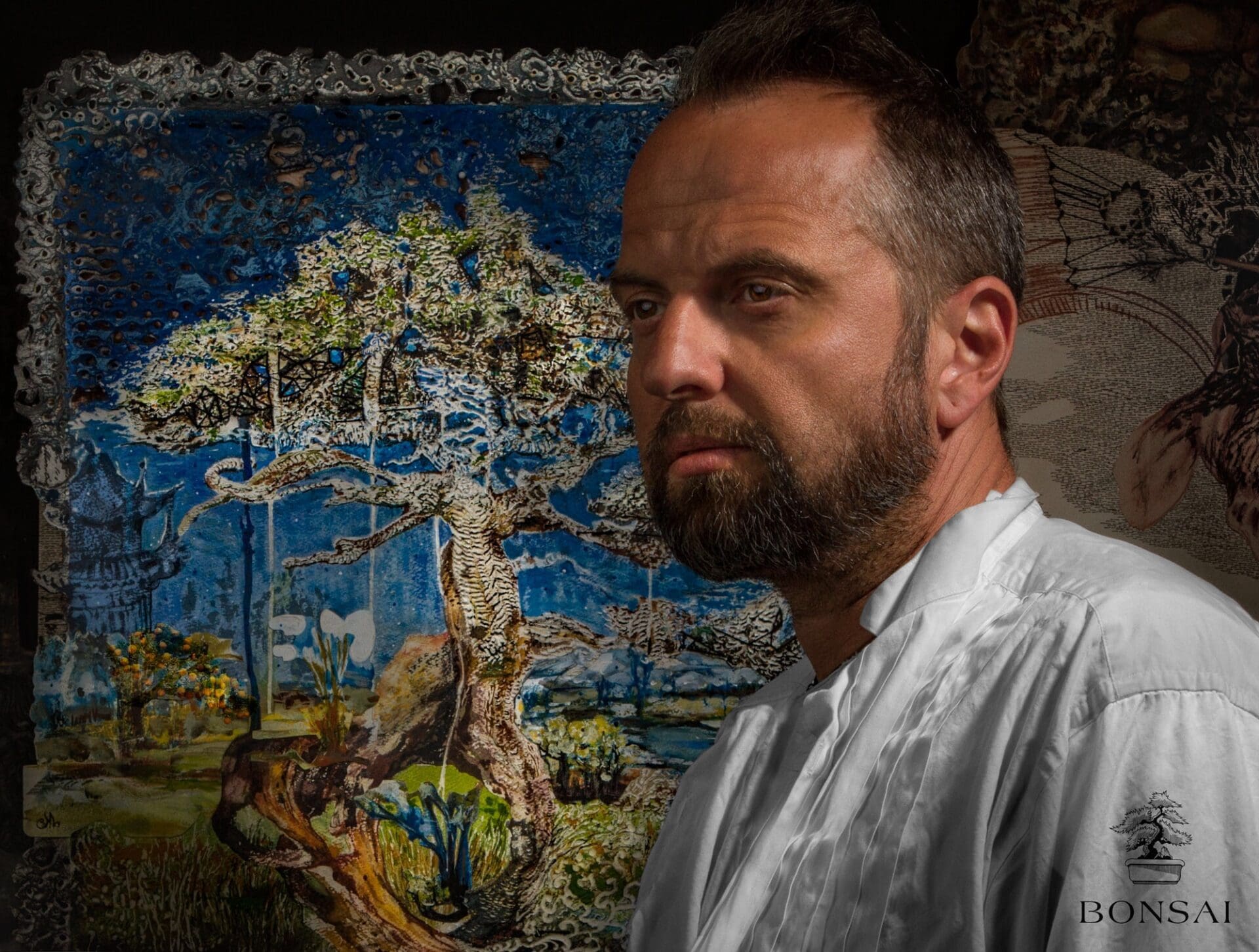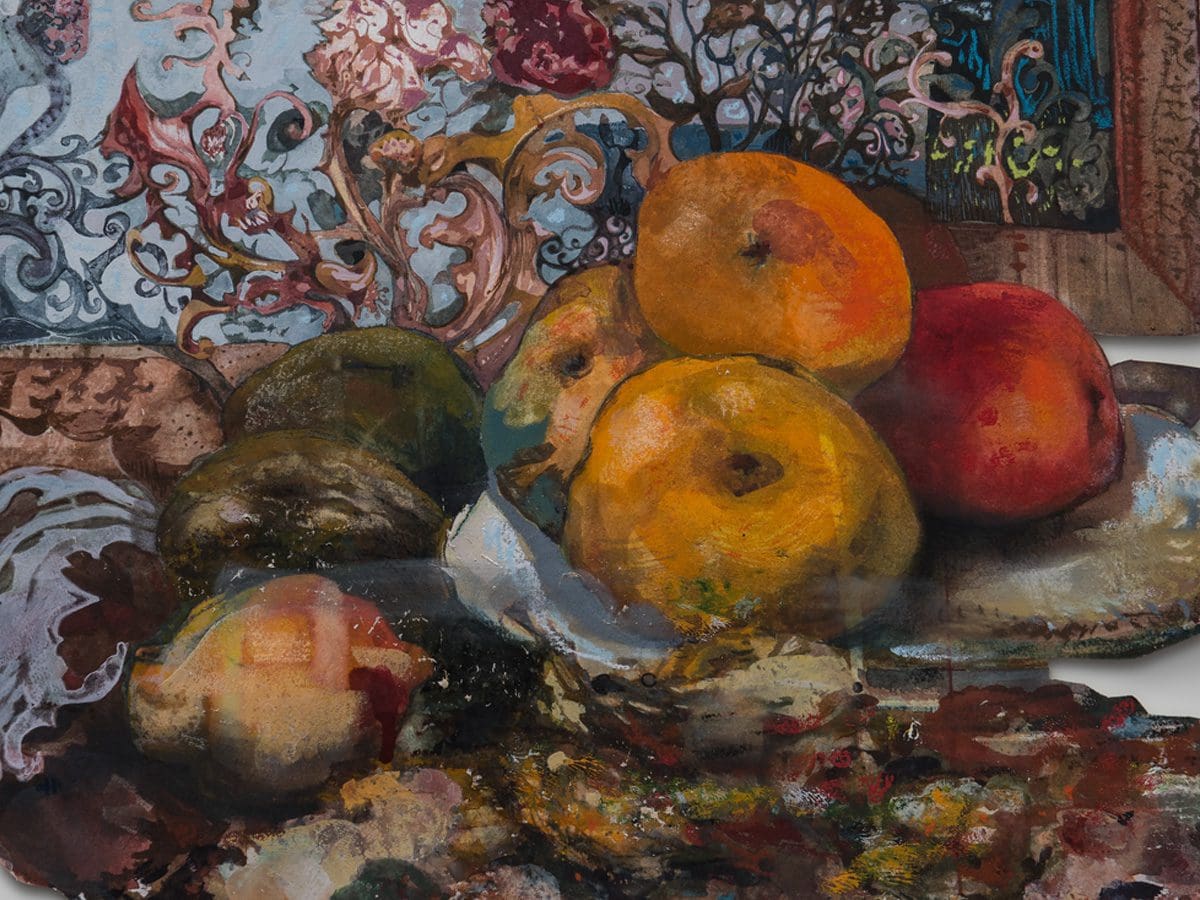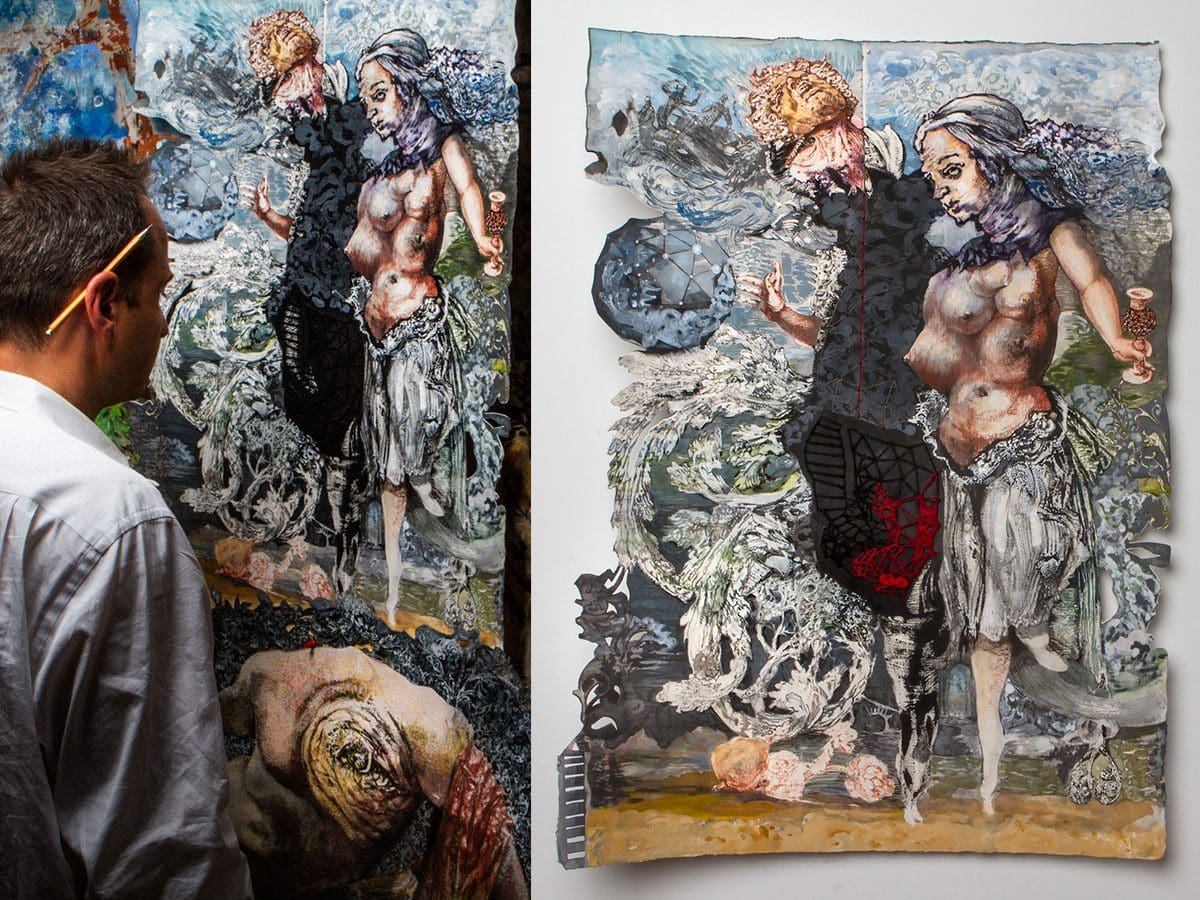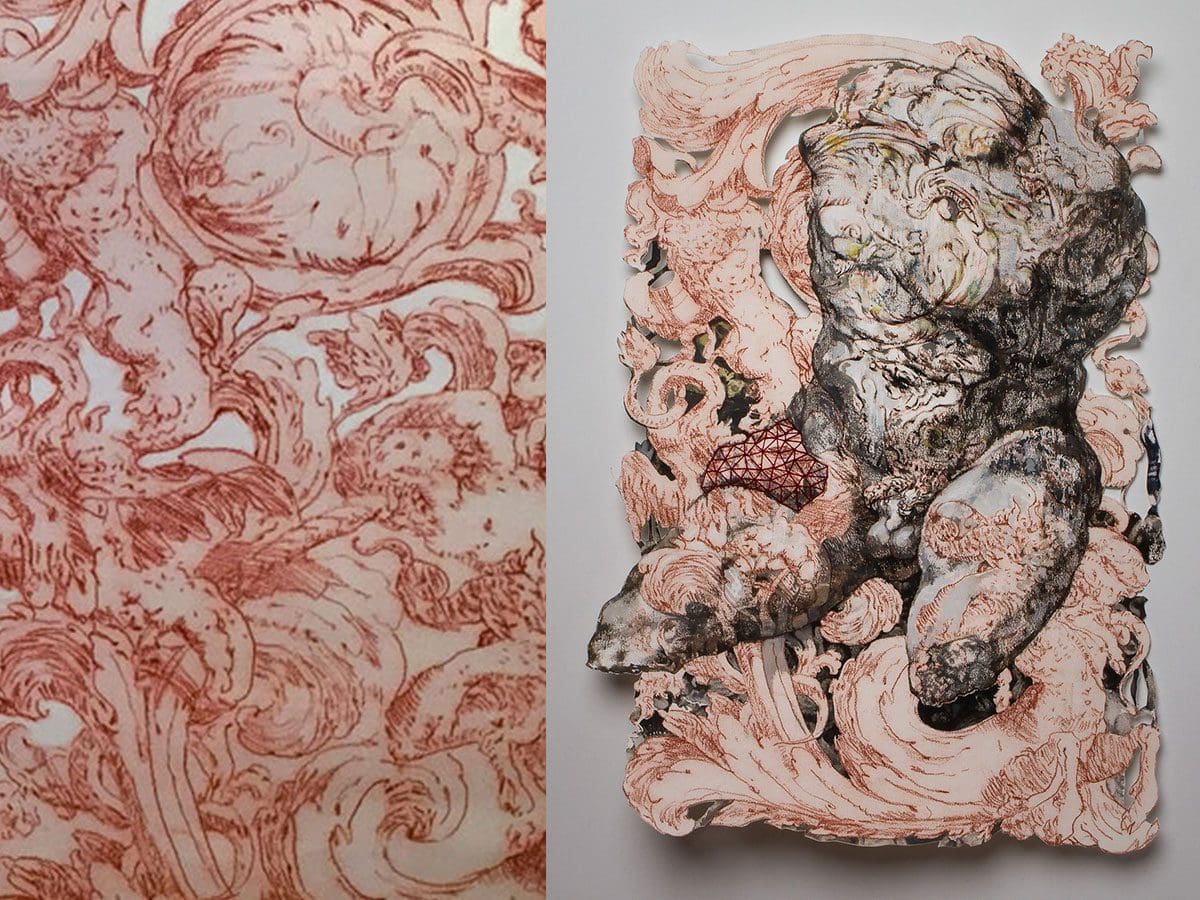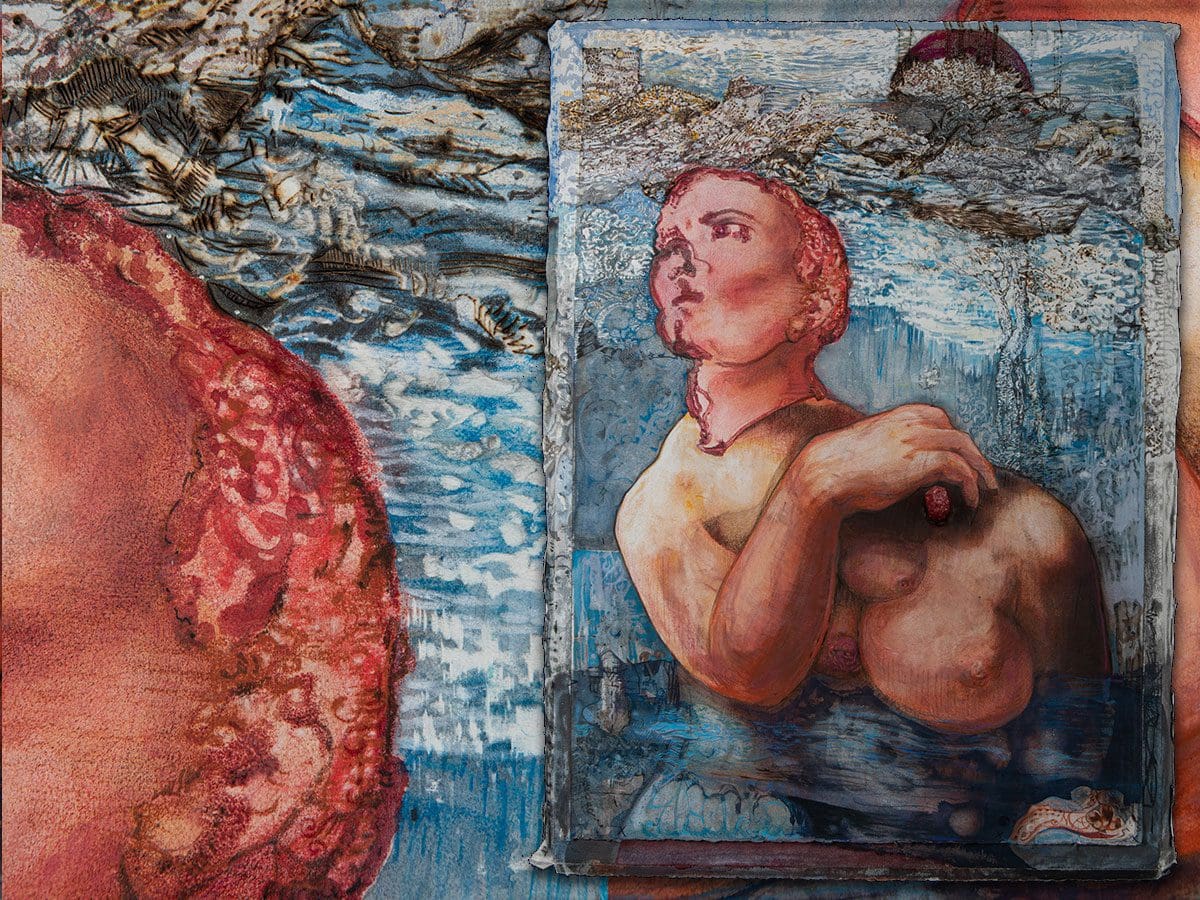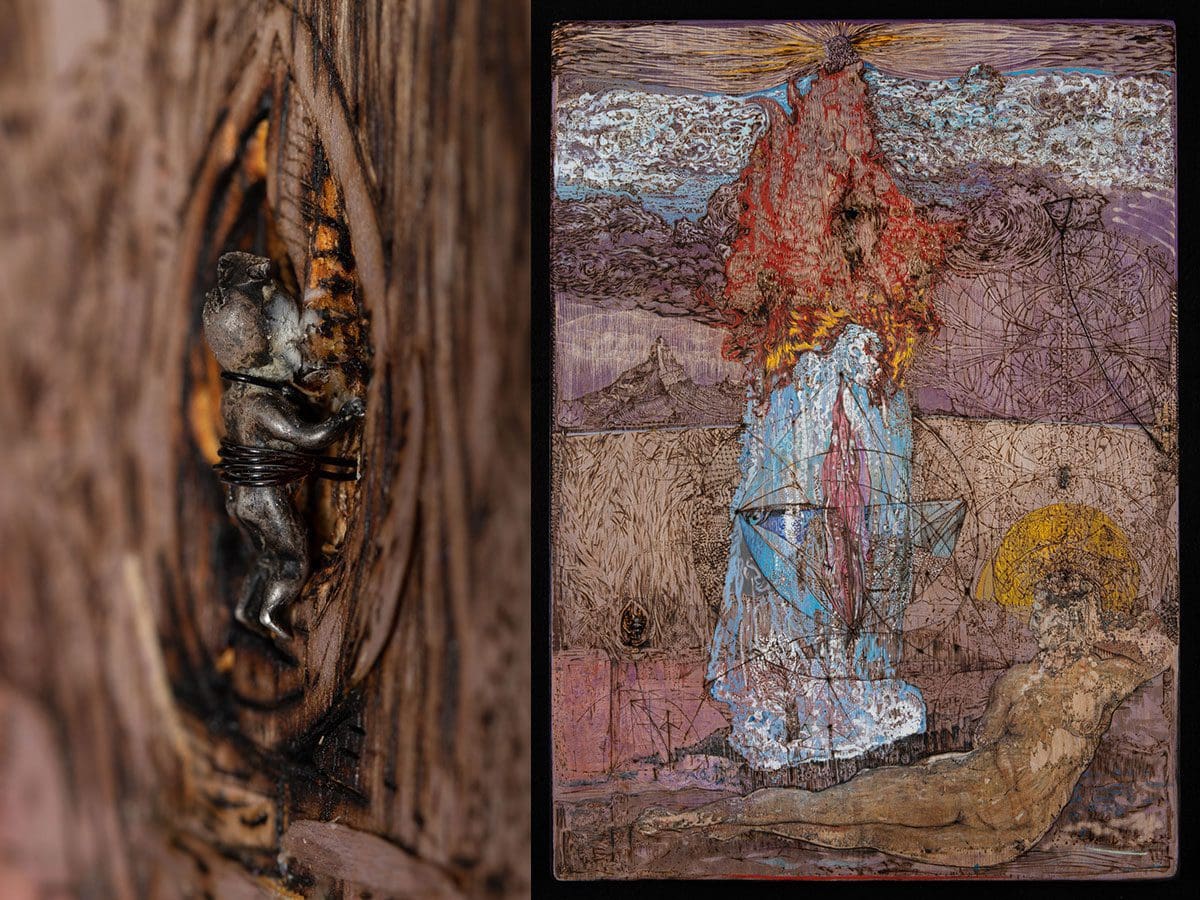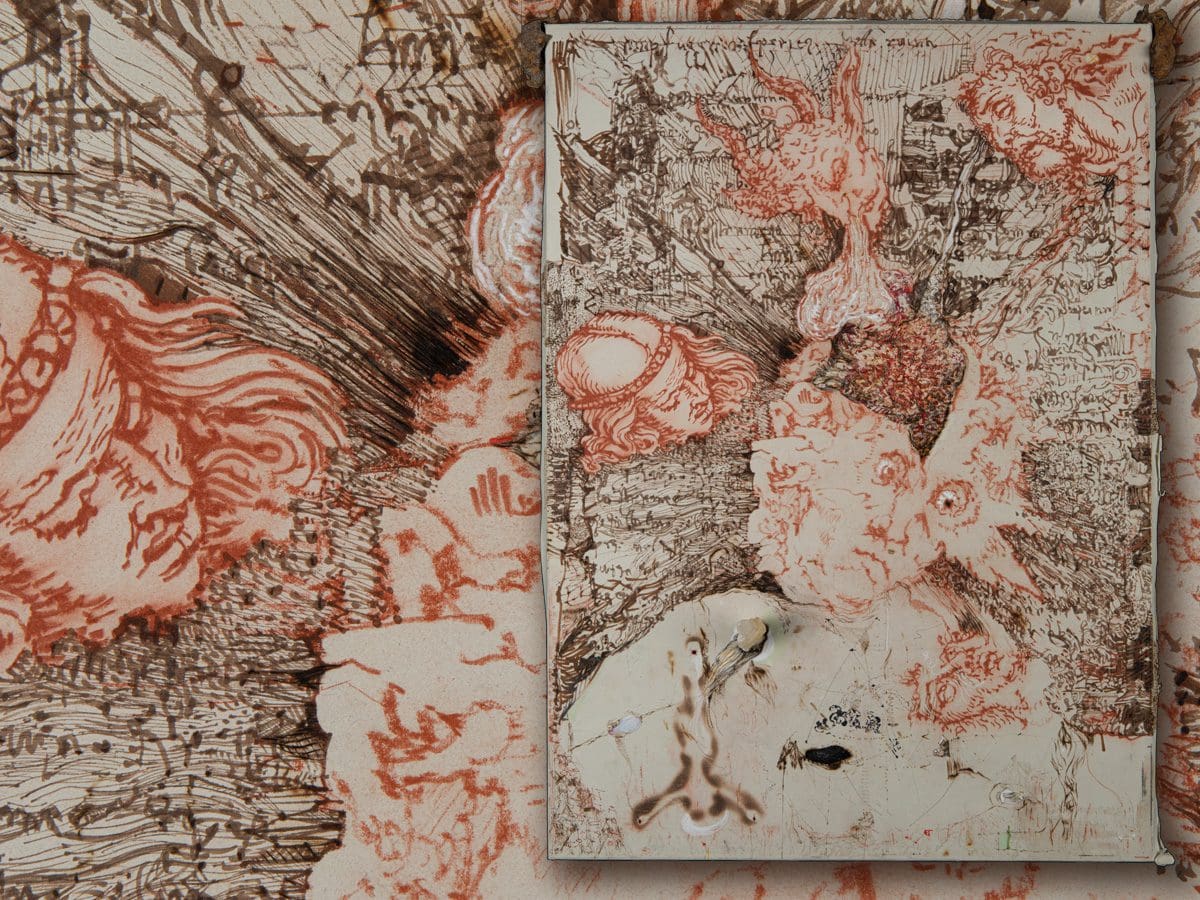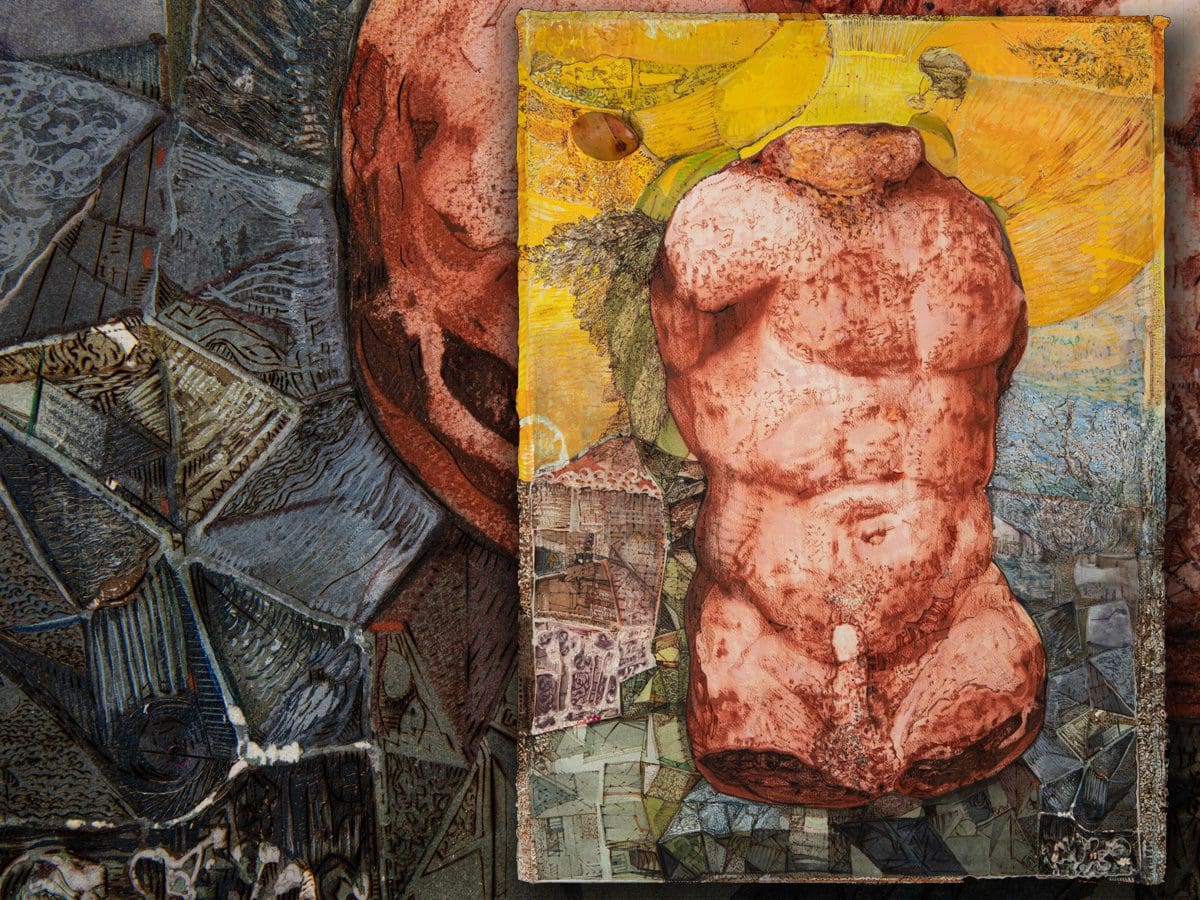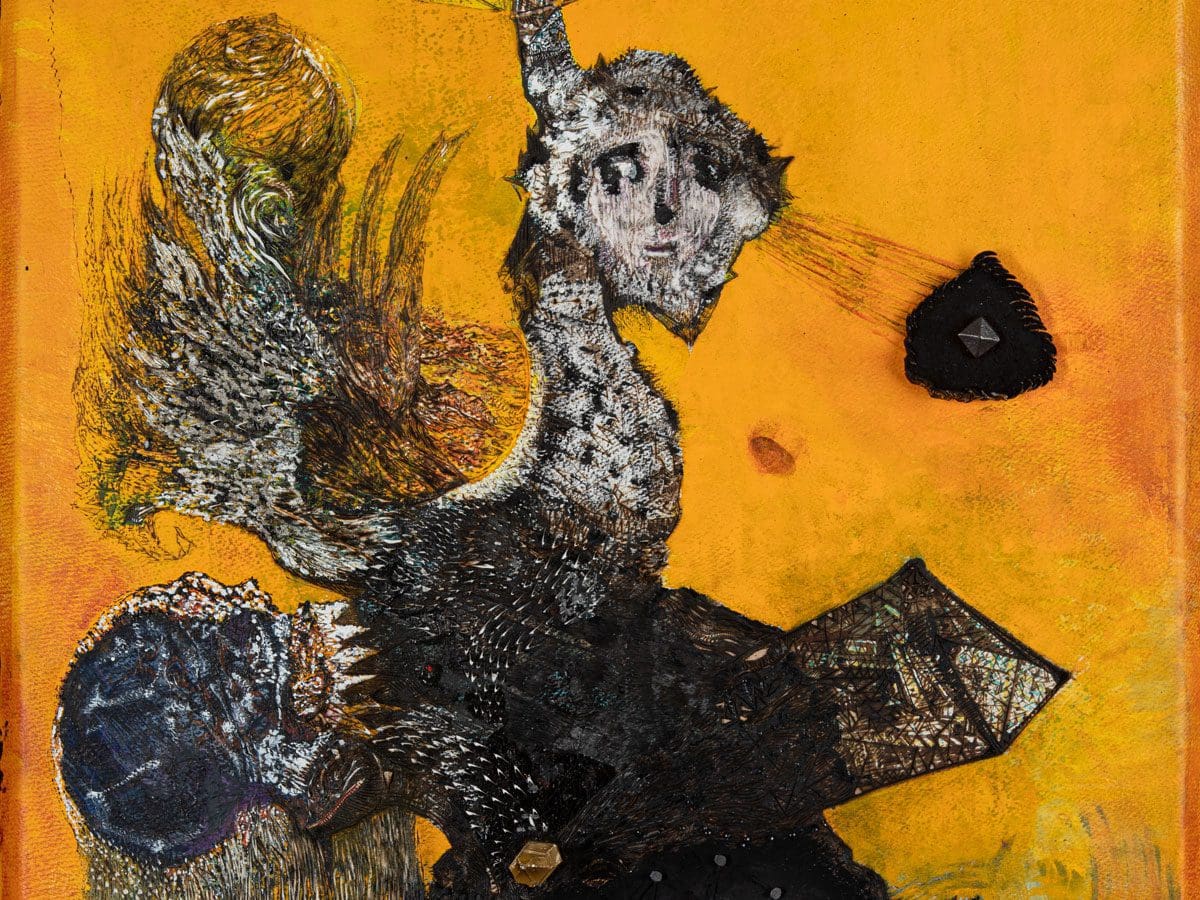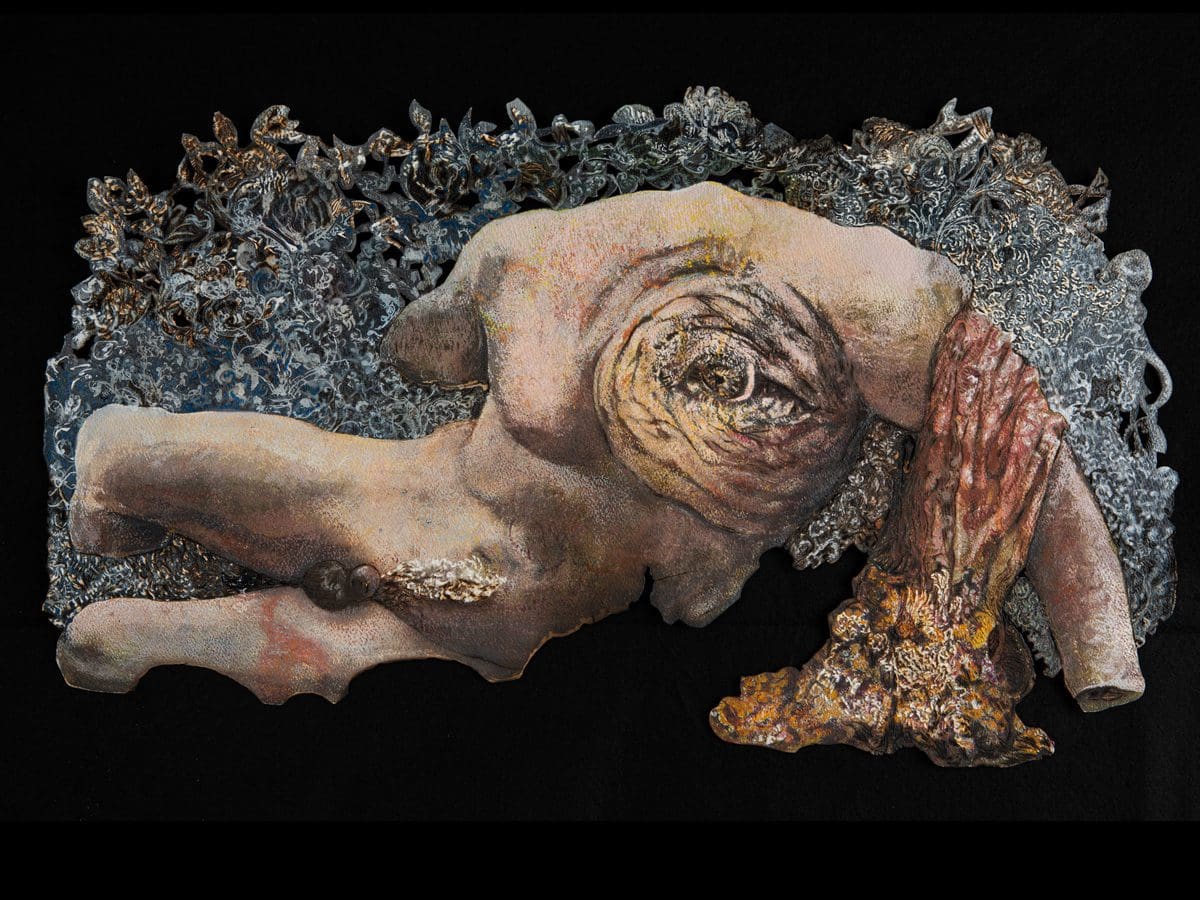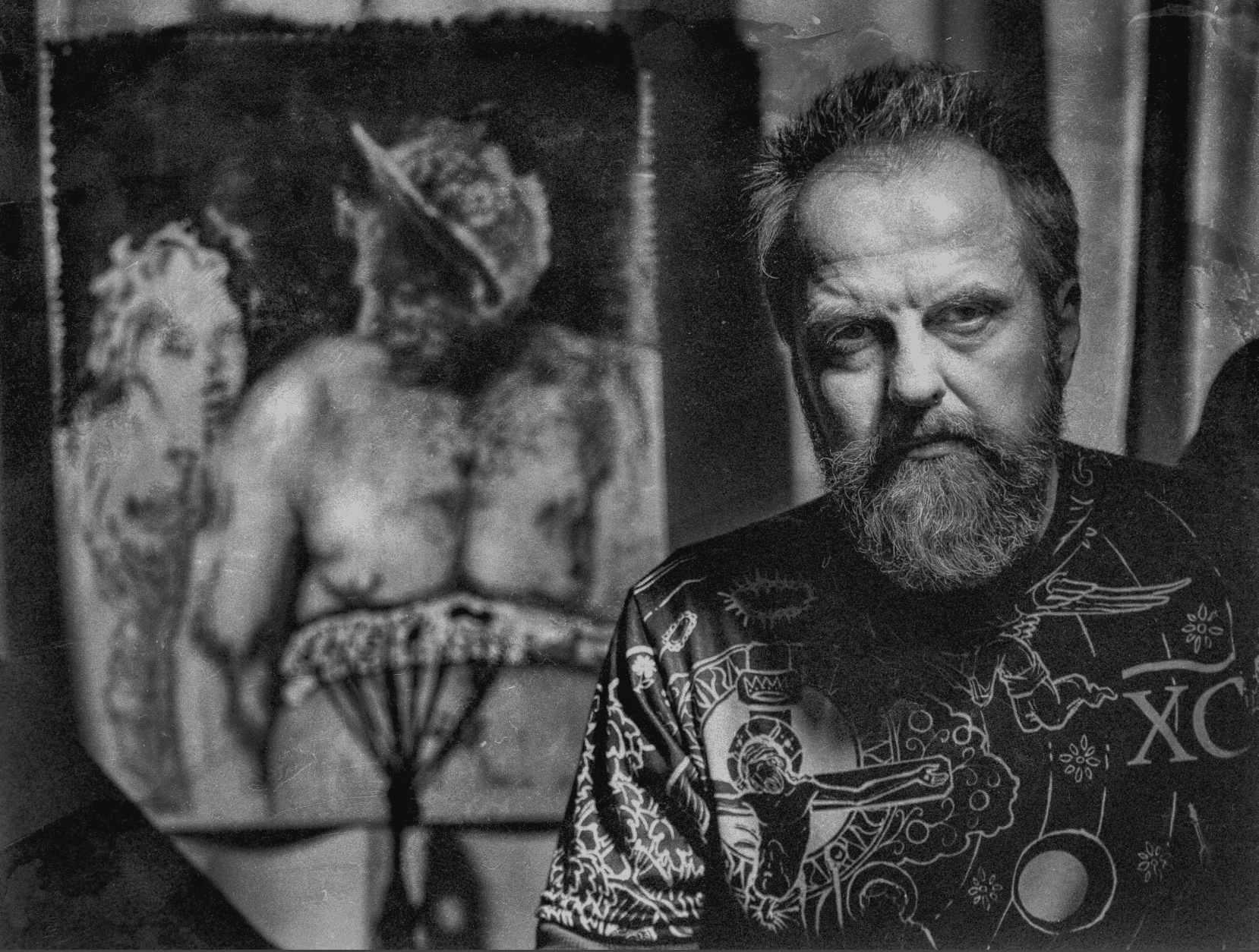
Unveiling the Shadows: An Examination of the Impulse Towards Evil in Jungian Psychology and Jewish Tradition
The enigmatic understanding of the impulse to evil has shaped many domains of human knowledge, from philosophy and religion to psychology. A perennial preoccupation of human thought, this inclination has been grappled with through various conceptual lenses. Two such paradigms that offer intriguing perspectives are the “Shadow” from Jungian psychology and the “Yetzer Hara” from Jewish tradition.
In Carl Jung’s analytical psychology, the Shadow is the unconscious aspect of the personality, containing everything that the conscious self finds unacceptable, including our most profound fears, suppressed desires, and instincts deemed immoral by societal standards. It’s the ‘dark side’ that most individuals wish to deny, yet, according to Jung, the path towards self-realization necessitates acknowledging and integrating this Shadow into the conscious personality.
The Jewish tradition presents a similar concept called the Yetzer Hara, often translated as the “evil inclination.” It’s seen as an inbuilt aspect of human nature that inclines individuals to pursue self-serving desires, potentially leading to harmful or immoral actions. However, akin to Jung’s Shadow, the Yetzer Hara is not exclusively detrimental. In fact, Jewish teachings hold that the Yetzer Hara is a necessary force, providing motivation for life, creativity, ambition, and even the drive for moral growth.
Despite the diverse cultural and philosophical roots of these concepts, the Shadow and the Yetzer Hara share striking similarities. Both acknowledge the existence of a darker facet within human nature, which, if left unchecked, can lead to evil or destructive behaviors. But rather than condemning this inclination outright, both frameworks suggest the possibility of harnessing these potentially malevolent forces for personal growth and societal good.
Jung saw the process of acknowledging and integrating the Shadow as central to individual development, a process he called ‘individuation.’ This journey involves accepting that we possess the capacity for immoral actions, thus recognizing our shared humanity’s darker facets. Such acceptance allows us to monitor and control these impulses, rather than letting them unconsciously dictate our behavior.
Conversely, the Yetzer Hara, while recognized as a source of potential harm, is also viewed as a catalyst for achievement and progress within Jewish thought. It’s considered the engine driving humans to build families, communities, and civilizations. The Talmud even suggests that without the Yetzer Hara, no one would build a house, marry, or have children. The key lies in channelling the Yetzer Hara’s energy constructively, through the guidance of moral law and conscious decision-making.
Both the Shadow and the Yetzer Hara underline the importance of balance and integration. For Jung, a healthy personality isn’t one devoid of darkness but rather one that has acknowledged and integrated the Shadow. Similarly, Jewish tradition doesn’t advocate for the eradication of the Yetzer Hara but its control and productive use.
Through these lenses, human nature’s inclination towards evil can be reinterpreted not as an inherent malevolence within us but a dynamic part of our psyche that needs recognition and careful management. These concepts remind us that it’s through wrestling with our darker side — confronting our Shadows or taming our Yetzer Hara — that we can achieve personal growth and contribute positively to society.
Ultimately, Jungian psychology and Jewish tradition provide a profound understanding of human nature, acknowledging the potential for both light and darkness within us. They suggest that the journey to personal and societal goodness involves not merely suppressing or ignoring our darker impulses but confronting, understanding, and utilizing them constructively.

